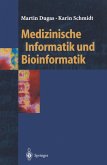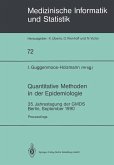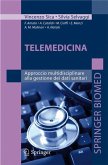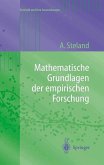Psychoanalysis and information science are two disciplines that twenty years ago hardly anyone would have considered closely related with re gard either to persons or subject matter. The cooperation between the two fields was made possible, on the one hand, by the development of information science from a technological discipline to a theoretically founded scientific discipline, and on the other, by the development of psychoanalysis from a hermetically closed special discipline to an open and empirical science. This study reports the successful inclusion of information science as an instrument of research on the psychoanalytic process. This direction of work was initiated by Donald Spence and Hartvig Dahl from the Re search Institute of Mental Health, New York, at the end of the 1960s. H. Thom~, H. K~che1e, and their research group in Ulm must be credited with having adopted Spence's programs as early as 1974; at that time the programs even had to be implemented far away on the IBM computer at the University of Heidelberg. The efforts to expand computer-aided con tent analysis to a method for process research led in 1975 to the ac quisition of the Hamburg program for Electronic Verbal Analysis (EVA). In the following years the author of this study revised, extended, and supplemented the EVA to create the U1m version. This book now describes another step in the integration of information technology in fundamen tal research in psychoanalysis.
Dieser Download kann aus rechtlichen Gründen nur mit Rechnungsadresse in A, B, BG, CY, CZ, D, DK, EW, E, FIN, F, GR, HR, H, IRL, I, LT, L, LR, M, NL, PL, P, R, S, SLO, SK ausgeliefert werden.









